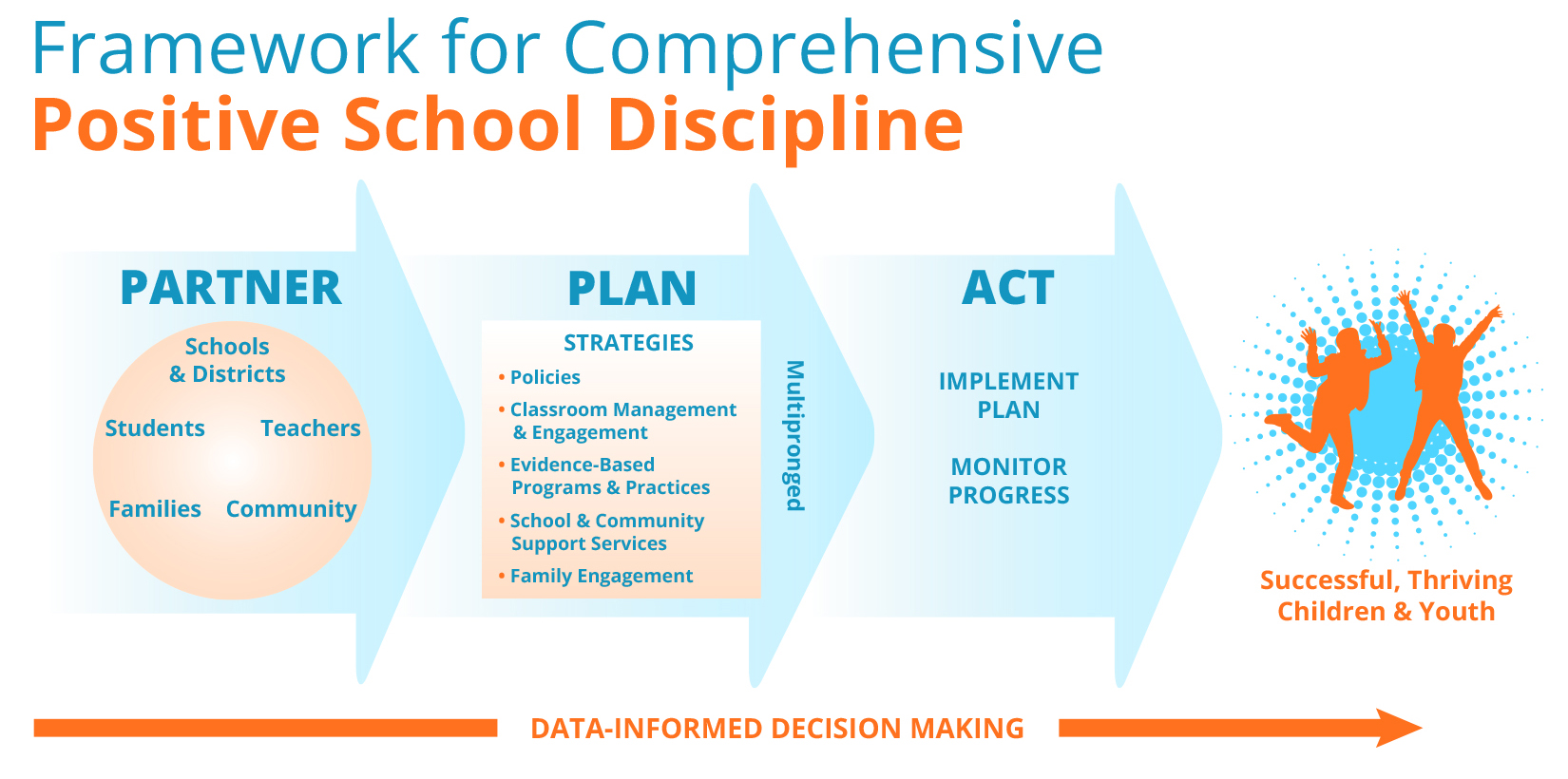This is a huge area of struggle for families, and one which I often encounter in my professional life. Children misbehave for a variety of reasons. Sometimes, children act up to get a parent's attention; sometimes when they imitate adults or their peers, it can be interpreted as misbehaving. Misconduct can be a sign that the child is growing up, evolving past a specific set of rules or is a testing limits to increase their independence.
Whether just at home, or even if this behavior extends past home life into school or public life, there are many suggestions designed to help improve behavior. The first step, as demonstrated below as in many other models, is to partner, discuss, and set limits for children. This is something that needs to be negotiated, first and foremost between the caregivers. When there is conflict between parents or guardians, it makes it difficult to create an appropriate discipline structure. However, even if there is agreement between parents or a child is in a single-parent household, relationships with family members, teachers, and other adults can bring the need for negotiation of this structure.
This reminded me of many of the points that were discussed in conflict theory because of the emphasis this perspective places on negotiating conflict for resources and power.


No comments:
Post a Comment